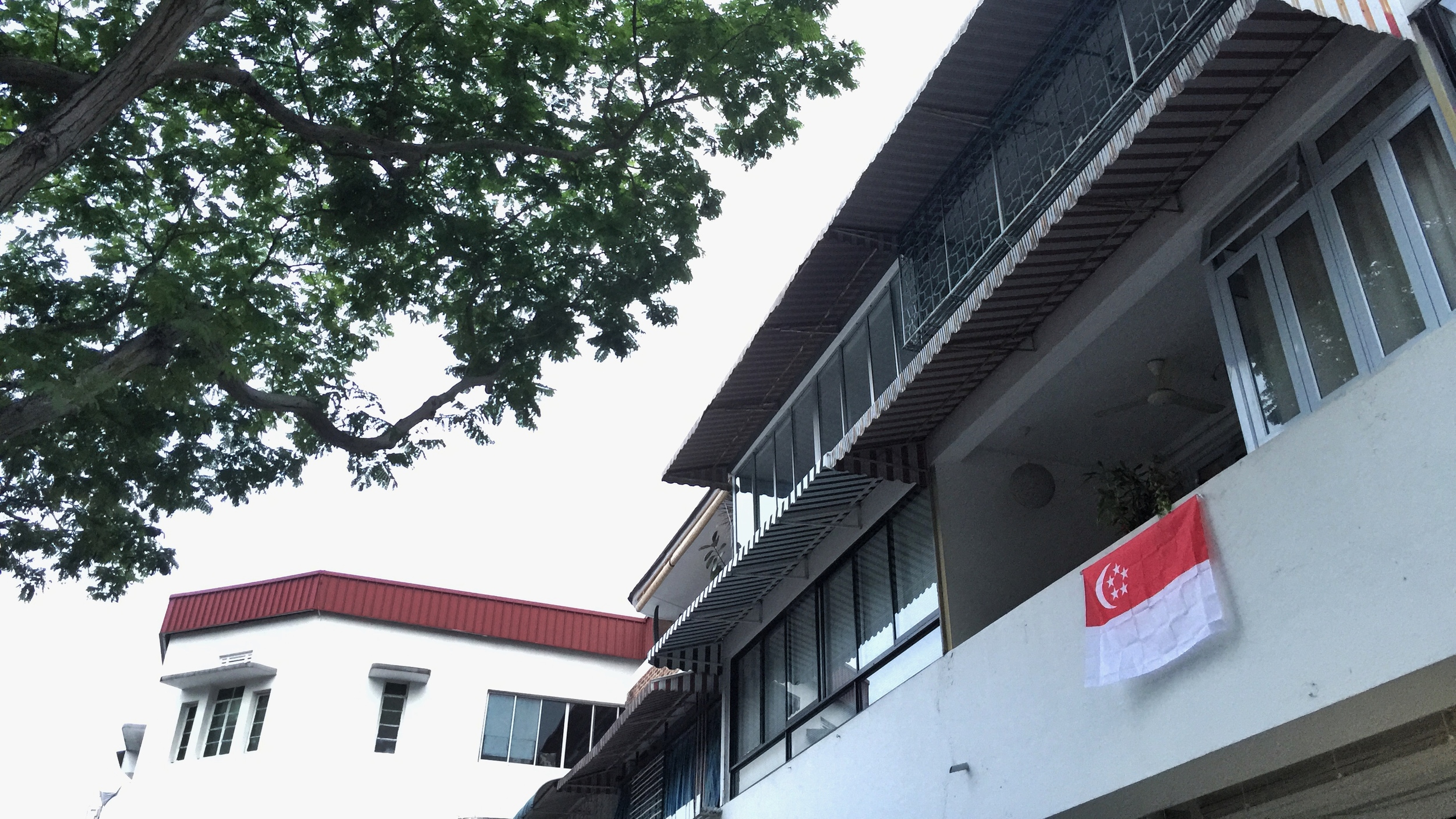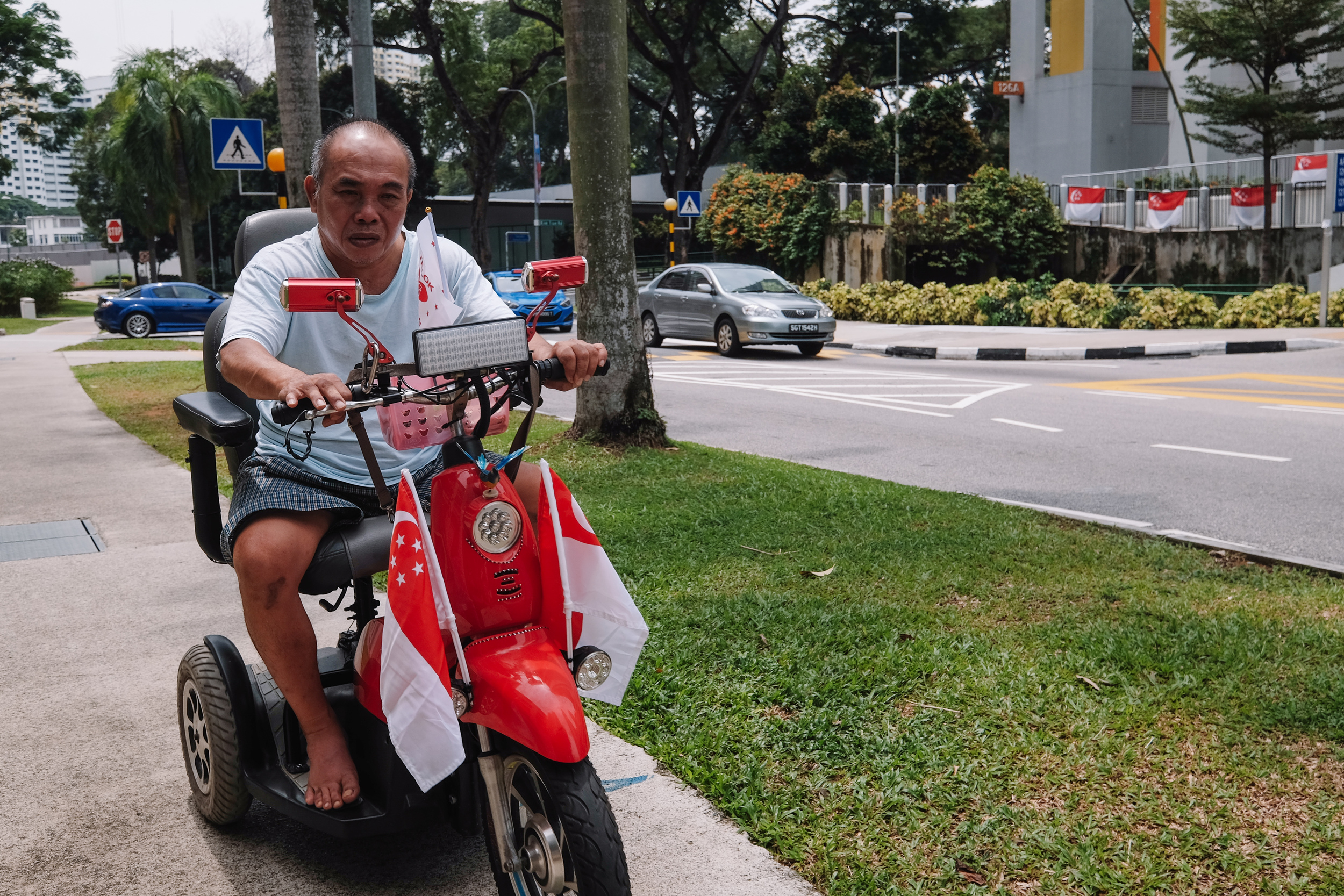SG50: Exchanging Identity For Hyperbole
11 August 2015
HAPPY SG50
SG50 isn’t merely a celebration of independence that Singaporeans are celebrating quietly at home over chili crab and Tiger beer. The BBC’s written about it, international celebrities from sporting legends to A-list actors sent in their recorded congratulations, and several foreign heads of state and government officials attended our National Day Parade on 9 August.
SG50 is a significant occasion.
It celebrates 50 years of independence; 50 years of nation building on the backs of our ancestors - migrant workers, intellectuals and businessmen; 50 years of relentless social engineering and productivity planning that have garnered us economic success and a passport that grants citizens entry to 167 countries visa-free (ie: visa on arrival). We also have some of the world’s most popular urban attractions including the Night Safari, a UNESCO World Heritage Site (Singapore Botanic Gardens) and two world-class casinos.
SG50 is so significant that 7 August was a public holiday unto itself. At the New Year’s Eve Countdown event at the beginning of the year, our emcees shouted out “Happy SG50” at the stroke of midnight, usurping the universally recognised “Happy New Year”. And we’re permitted to publicly display our Singapore flags until the end of September 2015, a whole month longer than in ordinary time.
Such is the power of SG50.
And such a shame then that the national messaging continues to only skim the surface, even as Singaporeans struggle to articulate and define their identity.
RACIAL LINES
In an interview with 60 Minutes’ Mike Wallace in 2005, Morgan Freeman declines any reference to the term “Black History Month”. Why the need for one when Black history is American history?
In a similar context, Singapore is a melting pot of races, cultures and traditions. Writers of Singapore’s history textbooks, public advertising and national songs have classified us into three broad racial groups: Chinese, Malay and Indian. We like acronyms in Singapore, so in short, CMI; except that CMI could also mean “cannot make it” (Singlish for “lousy”).
But, we do have an Others category, too, which is quite ludicrous, not to mention insulting. The Eurasians, for example, would count as Others; our friends and relatives whose heritage is Caucasian mixed with bits of other things. They have surnames like De Silva, Pereira, Rodrigues or Martin.
Racial representation seemed both contrived and a little weak at this year’s National Day Parade. CMI were everywhere, but Others were lurking in the background at best. Not surprising, really; verities that are exaggeratedly brought to the fore by rote learning and thoughtless routine lack authenticity and are easily forgotten.
And because we are now much more than merely Chinese, Malay, Indian and even Eurasian, what counts as “fair” representation is no longer a straightforward exercise in reductive racial politics.






